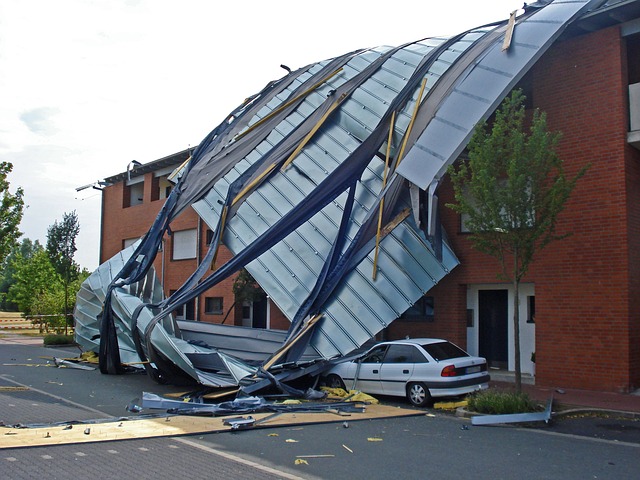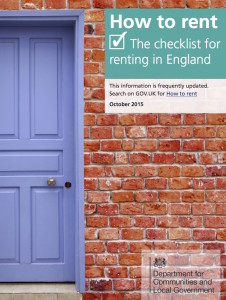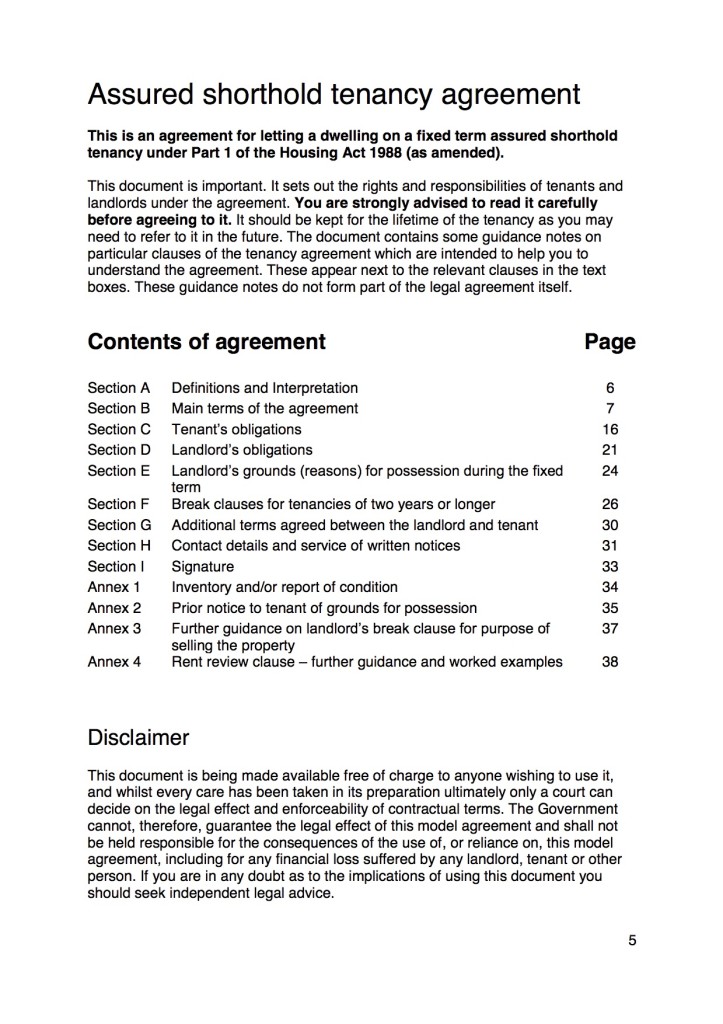As a landlord, you may not already have building insurance. You might have also heard that it’s important to have, and it is. But you might not be sure if it’s for you, or how you go about obtaining building insurance. This article will help to explain what building insurance is, why you as a landlord need to invest in it for all of your buy to let properties and how to do so. This will make you and your tenants more secure, as well as increasing the confidence of buyers in your properties.
What is building insurance?
Building insurance is a specific type of home insurance, the other type being contents insurance. Whereas contents insurance is insurance for the things that you keep in your home such as the furniture, the television, your possessions, carpets and curtains, building insurance covers the permanent fixtures and fittings in the home such as the kitchens and bathrooms. The definition of what is a permanent fixture can sometimes be ambiguous. For example, in Germany when people move house they often take their ovens with them, rather than leaving them in the house as do most people in the UK. But in general, fixtures and fittings are those things that you would leave behind if you were moving house. There is no law which specifies what constitutes permanent fixture, so when getting building insurance you need to specify what you take the fixtures and fittings of your property to be.
Building insurance is a policy covering damage to the structure, the fixtures and the fittings of the property. If the building so defined is damaged, the insurance policy will cover the cost of repair depending on the nature of the damage. Commonly policies cover for damage by natural events such as floods or hurricanes, fire or smoke, vandalism or leaking pipes among other things. The policy will also exclude certain kinds of damage, such as damage by insects, birds or pests. Also, you normally can’t claim for damage that happened while the property was uninhabited for 30 days.
Why is building insurance important?
For rented properties, it is the responsibility of the landlord. It is not the responsibility of landlords to take out contents insurance on the tenant’s property, because it’s the tenant’s property, but since the rented property is ultimately the landlord’s they have to take out the building insurance. This is true whether the property is a house with multiple storeys or a small flat.
The main advantage of building insurance is that it pays off over the long term. On average, building insurance costs £181 a year, according to the AA Premium Index. Over the years, it’s very likely that some fixture, such as the boiler, will break down. This could cost you in excess of £500 for the boiler alone. If you aren’t able to pay for the repairs immediately because you don’t have building insurance, the leaking boiler could cause water damage to the floors and walls of the house. Adding to this the fact that the home won’t be properly heated could result in the spread of damp, which could make the house unliveable. Having insurance can ensure that these problems are solved before they get out of hand, or even before they arise.
Even if these problems don’t manifest, it is hardly worth the risk to put tenants, possibly families, in homes that aren’t insured. More people are finding themselves in privately rented accommodation due to the housing crisis in the UK. These people sometimes end up in damaged or unsafe properties which are not covered for building insurance. When they complain to landlords about the poor conditions, they are sometimes threatened with eviction on no reasonable grounds, simply for making the complaint. These rogue landlords give others a bad name, but taking out building insurance can help tenants to have more confidence in you as a landlord. If you do not have building insurance and put tenants in unsafe accommodation, you can be charged with negligence if they are injured as a result. You can also adjust the rent on the property to take into account the cost of the insurance.
How do I get building insurance?
When getting building insurance, you need to ask several questions. How much cover do you need? Which items does the insurance cover? Over what length of time do you wish to pay the insurance?
You need to consider all these things when choosing an insurance package. You also need to compare insurers, which you can do using an insurance comparison site online such as comparethemarket.com.
You will need to set out with your insurer which items you want to be covered under the insurance package, as well as how you want to pay, whether you want to pay on a monthly basis or in one lump sum. You should also be aware that some insurance packages have additional features for landlords, so look out for those. Insurers are adding more stipulations to their insurance packages in terms of what conditions are included or excluded in coverage, so be sure to read the fine print carefully. You will need to decide if you wish to pay for extras such as legal cover, or if you are confident enough to manage the process yourself. If you do, remember that it is still prudent to consult a legal professional when taking out insurance.
Make sure that you have enough coverage for the full property, otherwise if a part of the property not covered under the insurance is damaged, you might end up having to pay for the repairs in part or in full.
Now you know the basics of why and how to get building insurance. This will hopefully get you closer to your goal of covering your buy-to-let property of damages.




